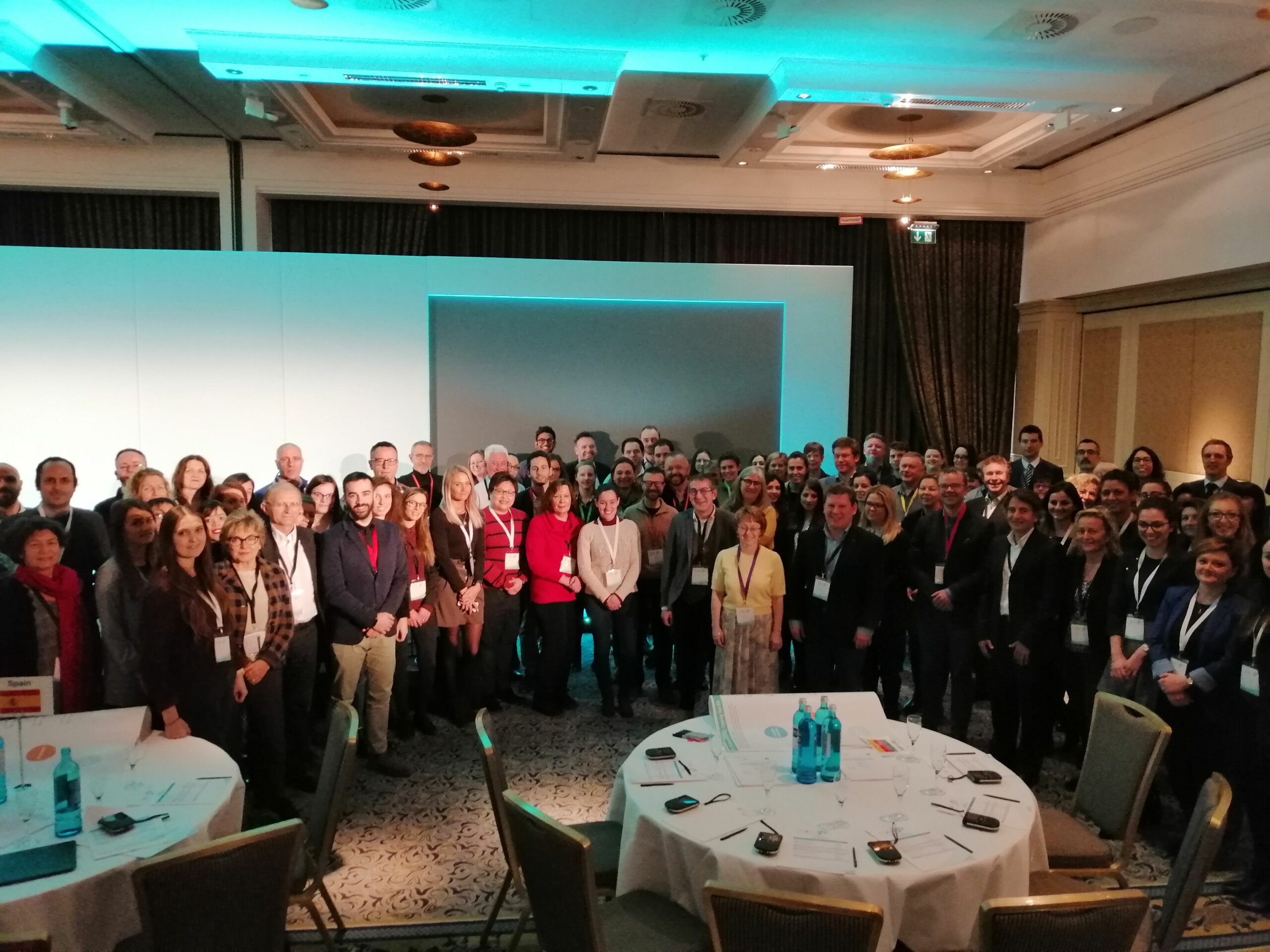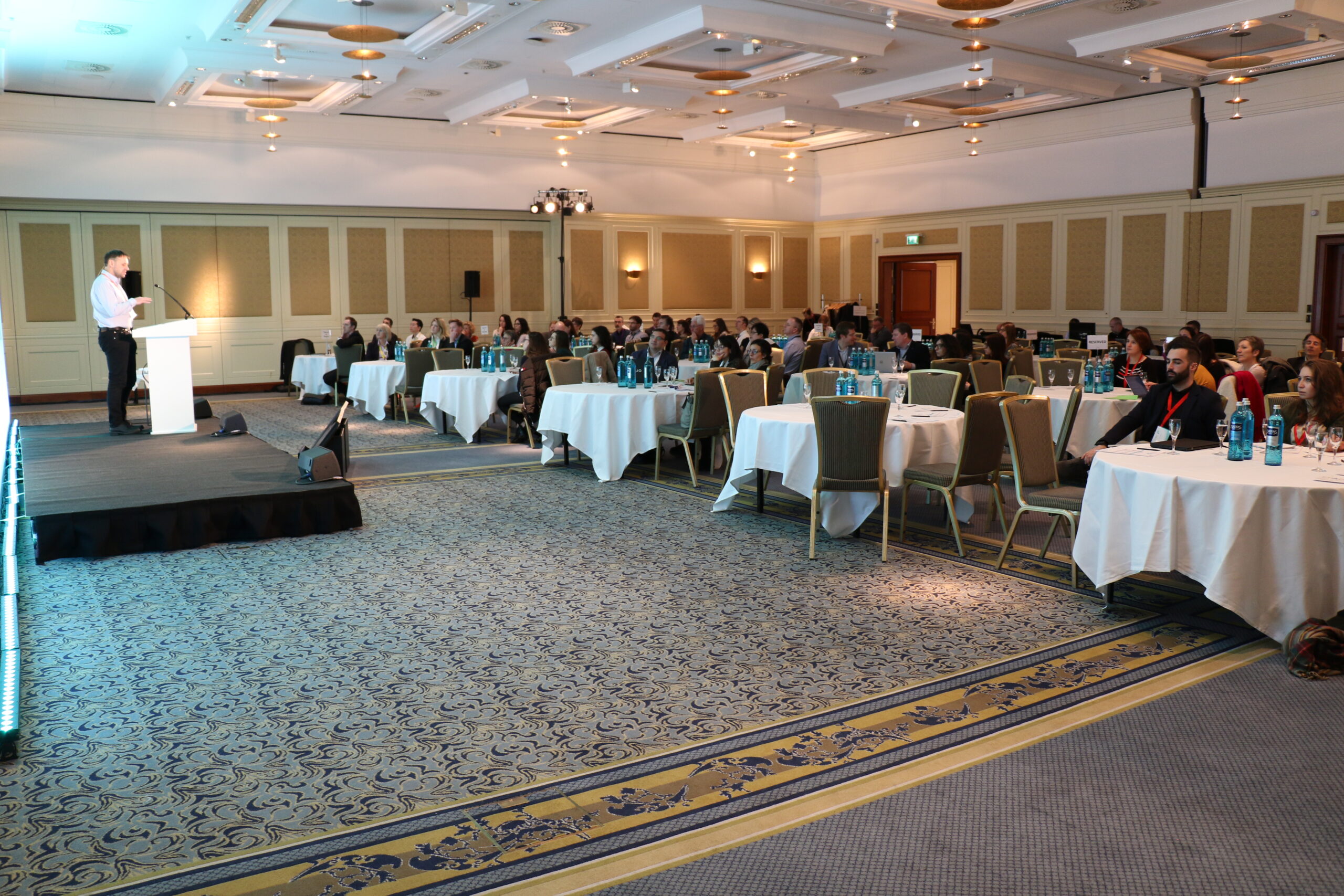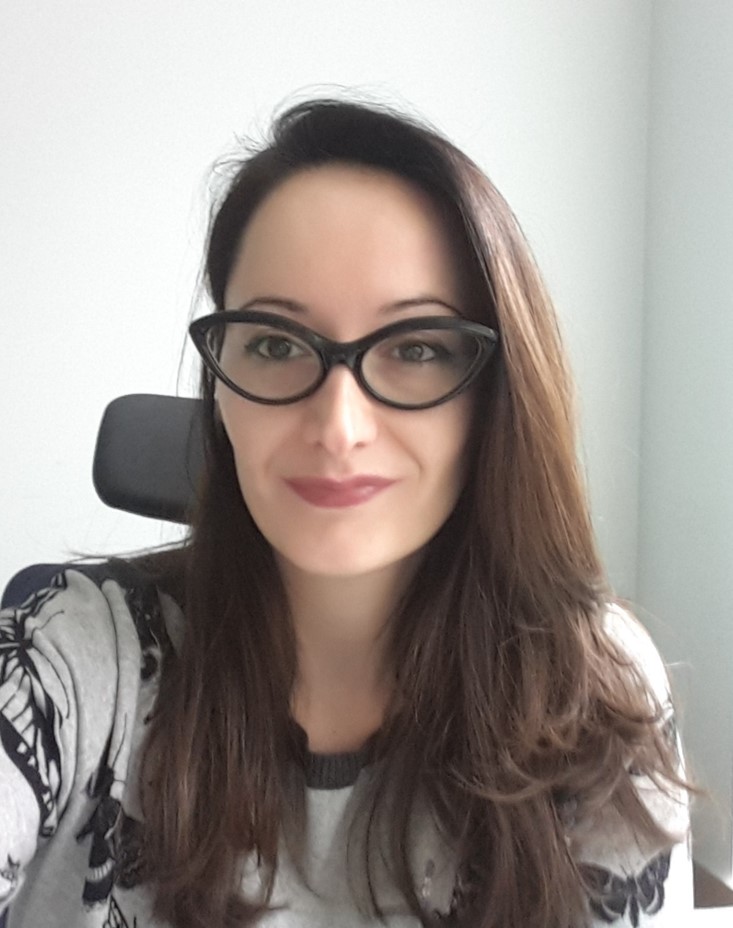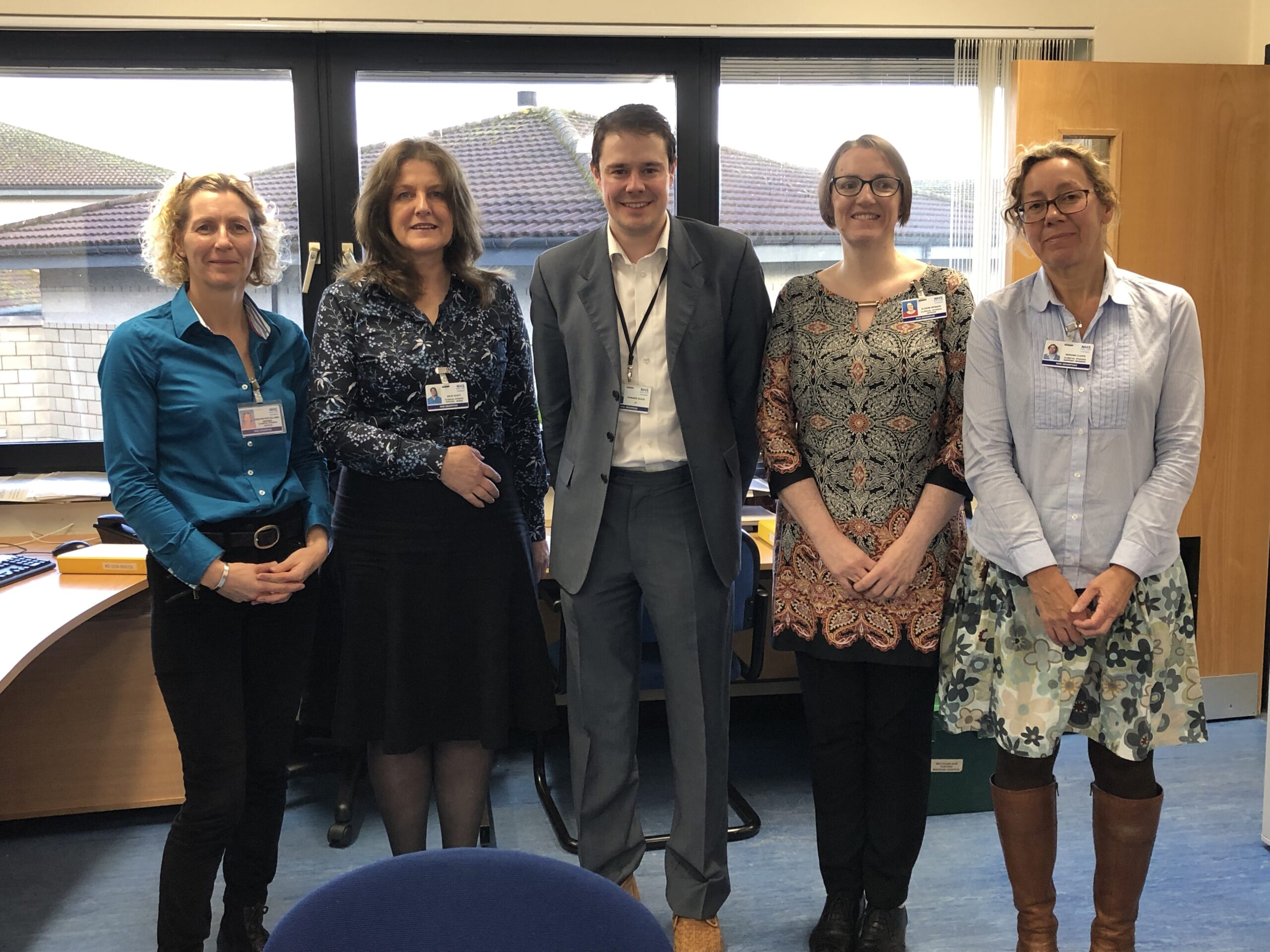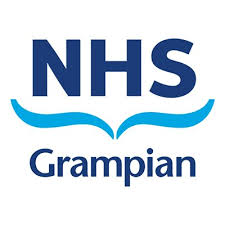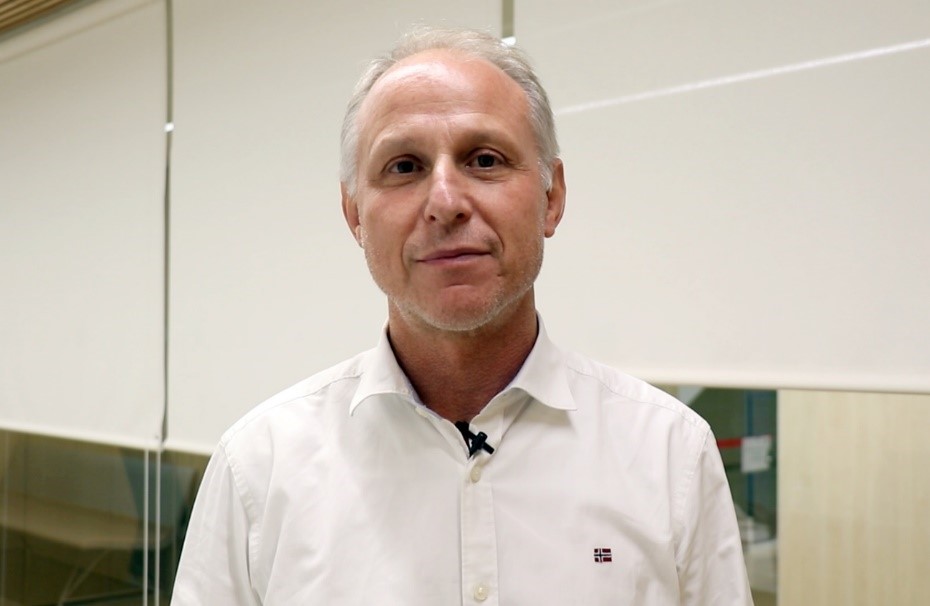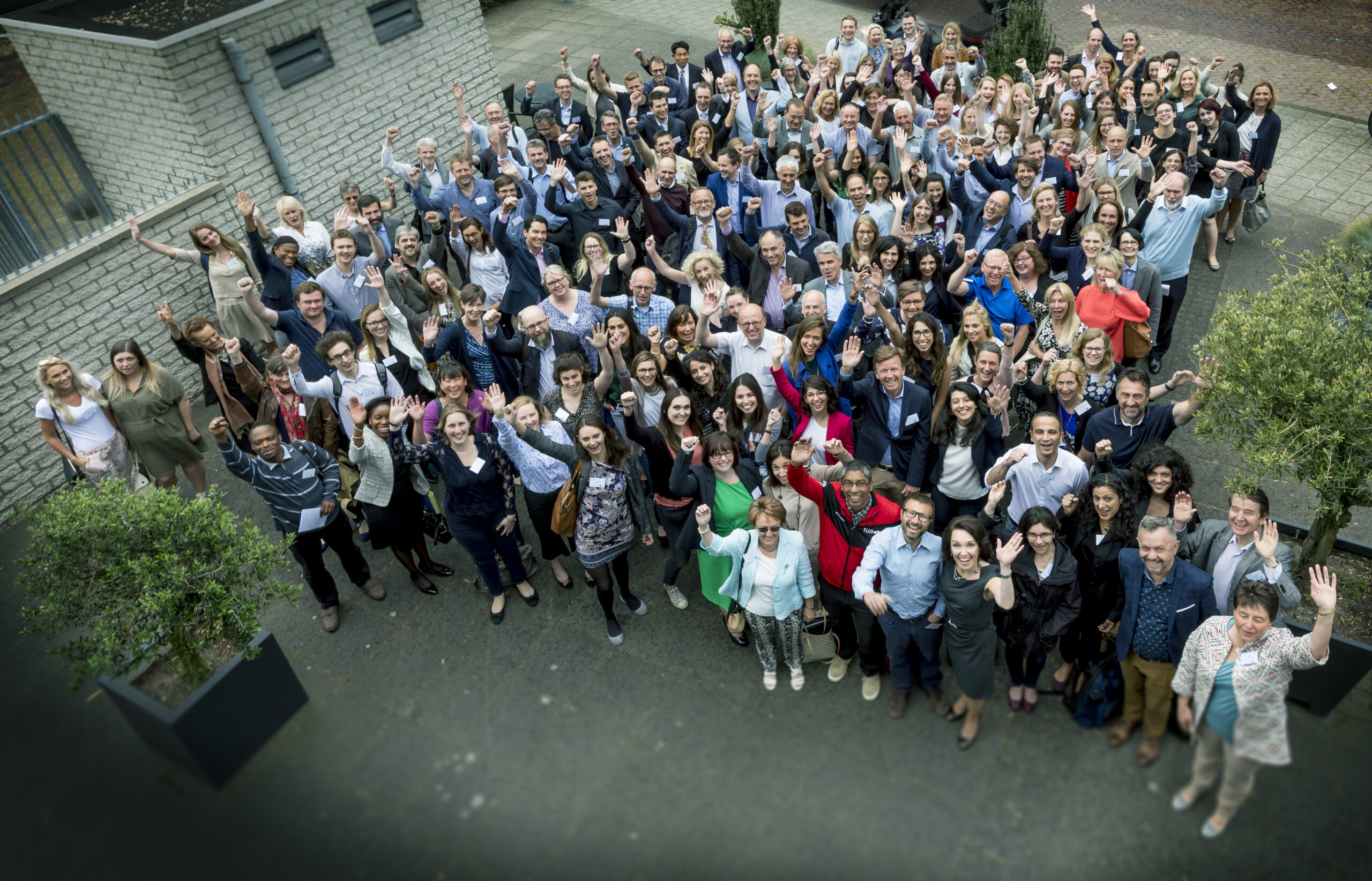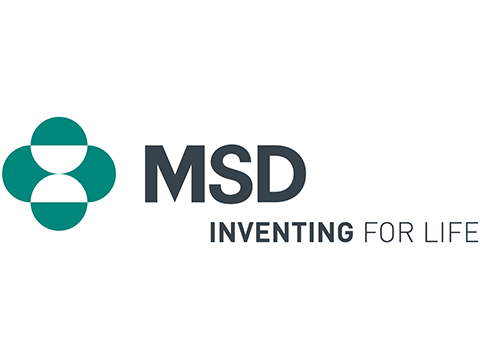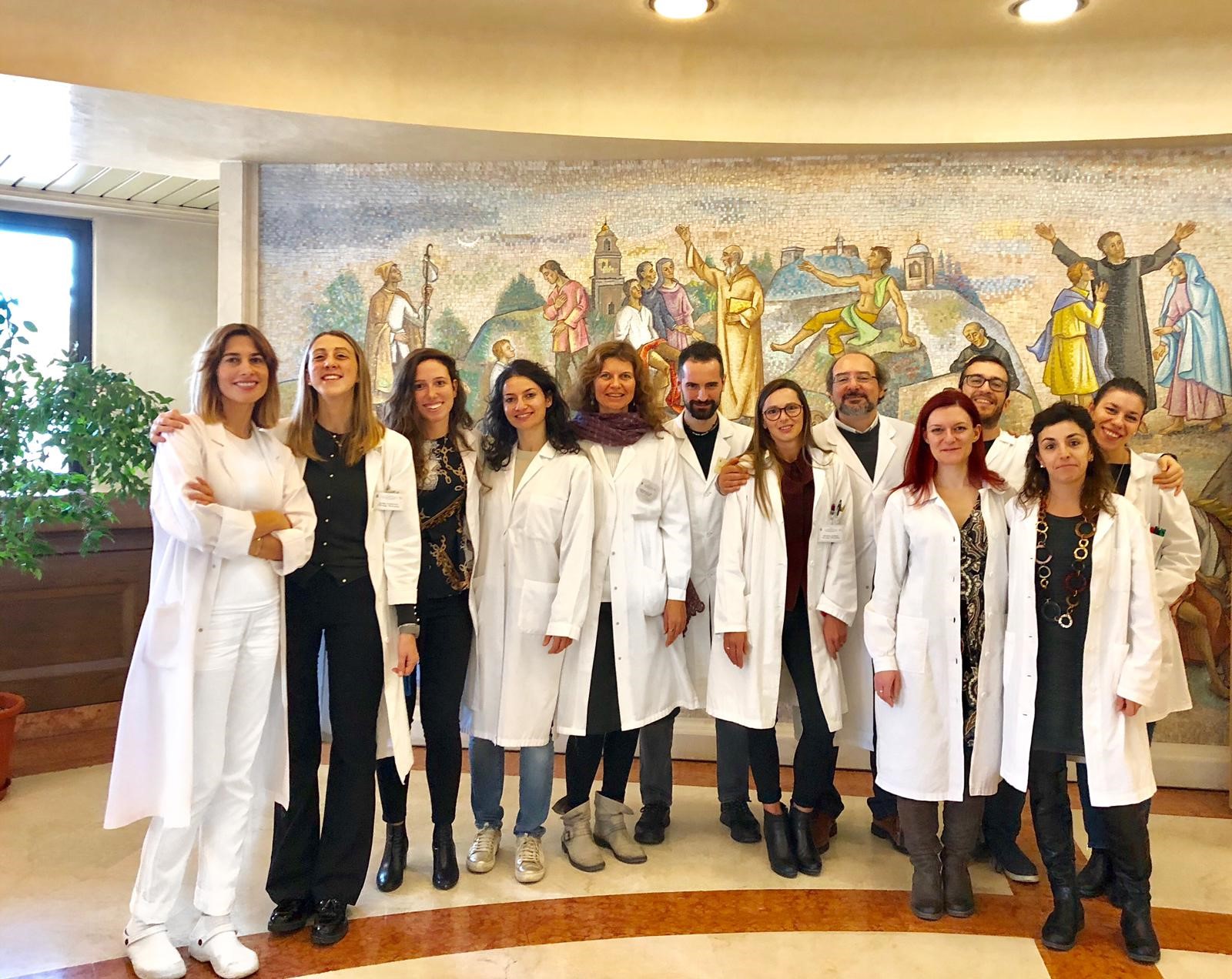2019 started with great intensity! On 5 February, EPAD held its PoC (Proof of Concept) Kick Off meeting in Berlin, Germany. The event brought together more than 100 delegates including site staff (principal investigators, sub-investigators, study coordinators, national leads), vendors and the wider EPAD PoC coordination team (the University of Edinburgh, Janssen, IQVIA) to showcase the PoC trial platform. For the first time, we gathered 30 sites (active and in set up) working on the project to share experiences, discuss PoC preparations and build core strategies.
Prof Craig Ritchie, EPAD Co-coordinator (the University of Edinburgh), opened the meeting, thanking IQVIA for the organisation of the event and extending a special welcome to the site staff and study team attending the event. He then introduced the EPAD project, its consortium, flow, structure and the PoC platform, which has been developed to run Phase II clinical trials with research participants with preclinical and prodromal Alzheimer’s disease, with biomarker evidence of Alzheimer’s disease pathology using a consistent set of outcomes.
We currently have 21 European sites enrolling and more than 1.450 research participants screened. Over the next months we will open additional sites. Trial Delivery Centres (TDCs) from 11 European countries are identified for participation in EPAD. There are a total of 35 TDCs currently selected for participation, with additional sites pending confirmation on participation.
Prof Ritchie reported then that the recruitment into the PoC is exclusively from the EPAD cohort of at-risk subjects, the Longitudinal Cohort Study, known as the LCS.
“The LCS has to be ‘ready’ to feed the right research participants into the right research sites for the right trial”, Prof Craig Ritchie.
Following Prof Ritchie, Dr Kristy Draper, the EPAD Global Trial Lead (the University of Edinburgh), emphasised the importance of the master protocol. She highlighted its design and the progress towards the first PoC trial. The negotiations with the first intervention owner are progressing well and we are hopeful that we will be able to begin start-up activities for the first PoC appendix in the spring. There was also an exciting announcement that the inclusion of the first participant in will likely happen in Q1 2020. In addition, the clinical candidate selection committee has two more interventions lined up with a scheduled start in 2020.
“We are expecting 2019 to be a busy and exciting year as the EPAD team work with the first intervention owner to action all the plans made to begin the first trial within the EPAD PoC platform”, Kristy Draper.
This meeting marked an important stage in the preparations for the PoC with almost all of the study sites coming together to plan and discuss readiness for the first appendix. Two workshop sessions were organised where each site had the opportunity to discuss and work on the PoC readiness. Firstly, each site reflected on the barriers they might have in term of recruitment as these will likely affect the capacity to also run the PoC and identified ways to increase the number of trial-ready participants in the LCS. Secondly, they gave their thoughts on how to prepare the participants for joining the PoC trial. These sessions were hugely valuable and the outputs from these have been collated. Our study sites were firmly at the heart of the meeting. Prof Craig Ritchie and Clare Dolan (the University of Edinburgh) took the floor for a scenario between a study staff member and a research participant. This particular practical discussion was displayed to draw together some of the issues the sites could encounter as well as the participants’ concerns during the initial conversation about the PoC. It was an amusing moment that reflected some of the content site staff may see in their own sites.
After an energetic workshop session discussing issues across sites and the generation of creative plans, John Tracey from IQVIA presented an overview of 3rd Party Vendors. To close the day, a few words were said by Craig Ritchie, “I hope to see you all in May for the EPAD General Assembly Meeting to be held in Geneva”.
With the PoC platform now kicked-off and attracting a great deal of interest from the pharmaceutical sector, it was encouraging to see how the sites are working together to support drug development. We are very pleased about the many conversations had and the enthusiasm for our innovative PoC platform. All our huge efforts are at a point of coming to fruition with compounds about to be tested in a streamlined and efficient way, delivering more effective, targeted interventions to prevent dementia.

